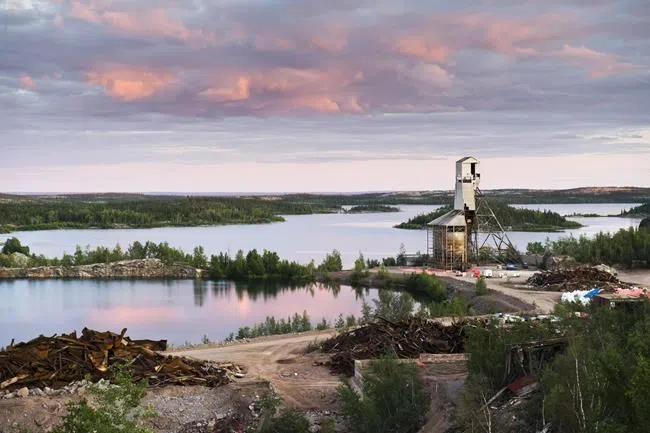
Costs have swollen: Saskatchewan sues Ottawa over uranium mine cleanup deal
REGINA — The Saskatchewan government is suing Ottawa over what it says is a failure to live up to a deal to split the swelling costs of cleaning up an old uranium mine.
“I just don’t see how they can say, ‘You’re stuck with it,’” Energy and Resources Minister Bronwyn Eyre said Wednesday. “I just don’t think that’s fair.”
The dispute centres on the shuttered Gunnar mine in northern Saskatchewan. The mine was originally developed to feed nuclear programs in the United States and in other NATO allies, but hasn’t operated since 1964.
Because of its ore’s strategic importance, it has always been federally regulated — unique among Canadian natural resources. As well, Saskatchewan’s statement of claim argues the mine would never have been developed if not for federal policies to mine and export uranium to Canada’s allies.
